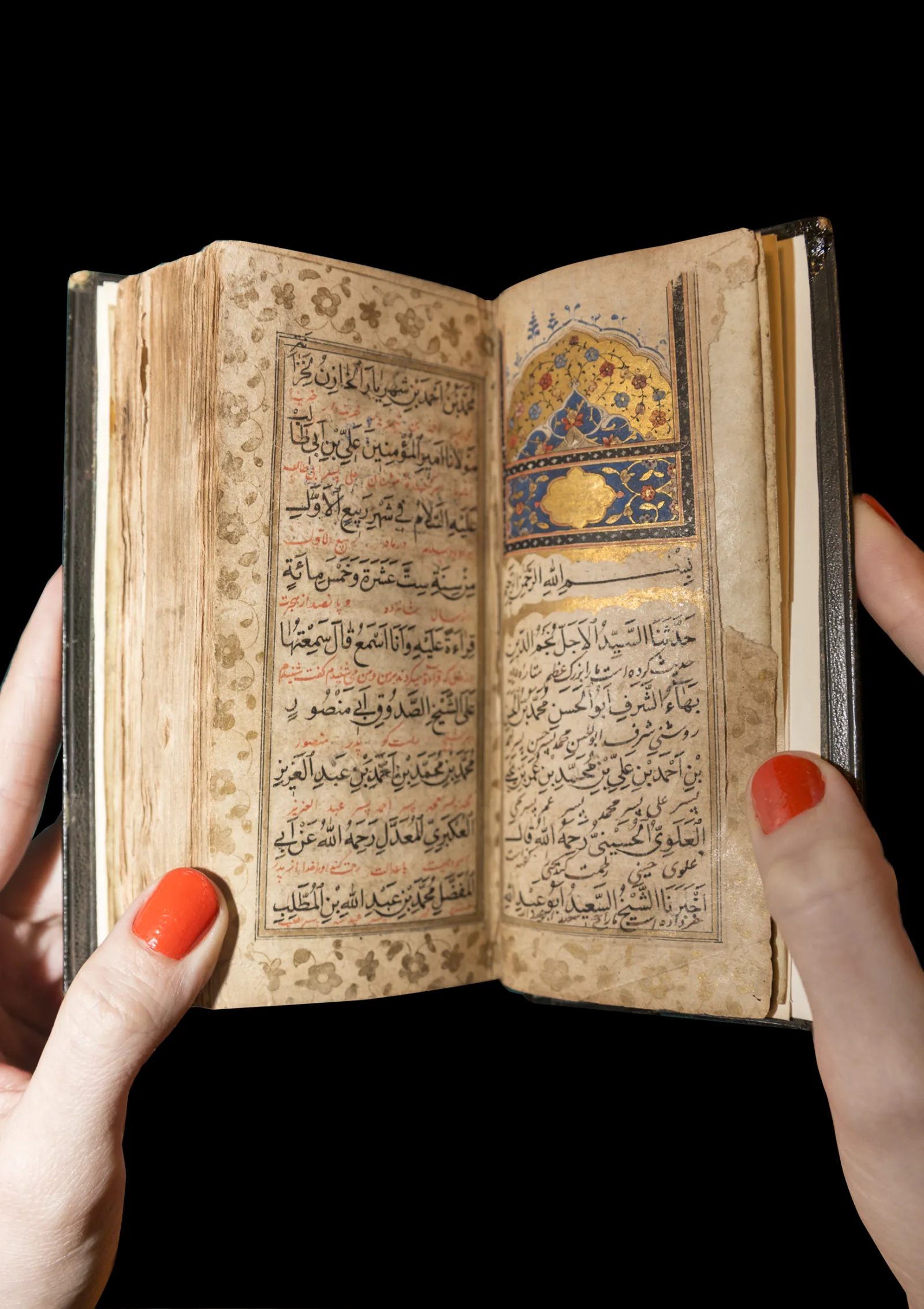As part of the recent consolidation of Bexley Seabury in Chicago, the seminary has donated the Bexley Hall Rare Book Collection to the Newberry, where the collection will be complemented and amplified by the Newberry’s existing materials on religion. Bexley Seabury, a federation of Bexley Hall and Seabury-Western Theological seminaries, is one of 10 accredited seminaries of the Episcopal Church. Until July 2016, Bexley Seabury operated from two campuses, in Chicago and in Columbus, Ohio.
"As one of Chicago’s richest centers for scholarship and culture, the Newberry is the ideal home for the Bexley Hall Collection,"said Bexley Seabury President Roger A. Ferlo. "We are delighted to enhance the already impressive archive on the history of religions at the Newberry Library, and share our resources with the community.”
The Bexley Hall Collection consists of over 325 titles and over 120 bound volumes containing approximately 1,200 nineteenth-century pamphlets.
"Bexley Seabury has stewarded this remarkable rare-book collection with great care and expertise,"said Newberry President David Spadafora. "We look forward to building on their excellent work and welcoming the collection’s current users into our community of learning and scholarship.”
Among the books in the Bexley Hall Collection are early Bibles and Books of Common Prayer; early printings of works by Erasmus; and works of theology, philosophy, and travel. The collection includes over 25 sixteenth-century imprints and books from the presses of distinguished early printers and presses such as Plantin, Elzevir, and Froben.
Titles in the Bexley Hall Collection will be available as they are cataloged by Newberry staff.
The history of religions has long been a great strength at the Newberry. Rare early Bibles and illuminated Books of Hours were among the works acquired with the Henry Probasco Collection in 1889; the John M. Wing Foundation on the History of Printing includes many theological titles. In the last decades, a number of seminaries have transferred their libraries to the Newberry, among them Mundelein College, Catholic Theological Union, Concordia University, Dominican Friars of the Province of Saint Albert the Great, and McCormick Theological Seminary.
The gift of the Bexley Hall Collection coincides with a major Newberry project titled "Religious Change, 1450-1700."With funding from the Andrew W. Mellon Foundation, the Newberry is modeling an institutionally integrative approach to produce an exhibition and accompanying digital resources and programming for the fall of 2017. Staff from across the institution, and external scholar-advisors, have drawn on materials from all parts of the collection to tell the story of how new religious ideas, disseminated through print, challenged traditional authorities and thrust the medieval world into the modern age. The Bexley Hall Collection will contribute important works to the study of this topic as well as deepen the Newberry collection of early nineteenth-century American imprints from small towns where presses were often set up to print sermons and religious tracts.
Bexley Hall Seminary, now a part of Bexley Seabury, was founded in 1824, along with Kenyon College, by Philander Chase, first Episcopal Bishop of Ohio, to expand education and training for ministry on the western frontier. The college and the seminary were named in honor of early supporters, whom Chase had solicited on a trip to England for that purpose. Books in these early days also came from England in response to requests by Chase and Charles Pettit McIlvaine, who succeeded Chase as second Bishop of Ohio and president of Kenyon College. Bishop McIlvaine was instrumental in assembling the extraordinary collection of nineteenth-century pamphlets that form the core of the Bexley Seabury gift to the Newberry.
